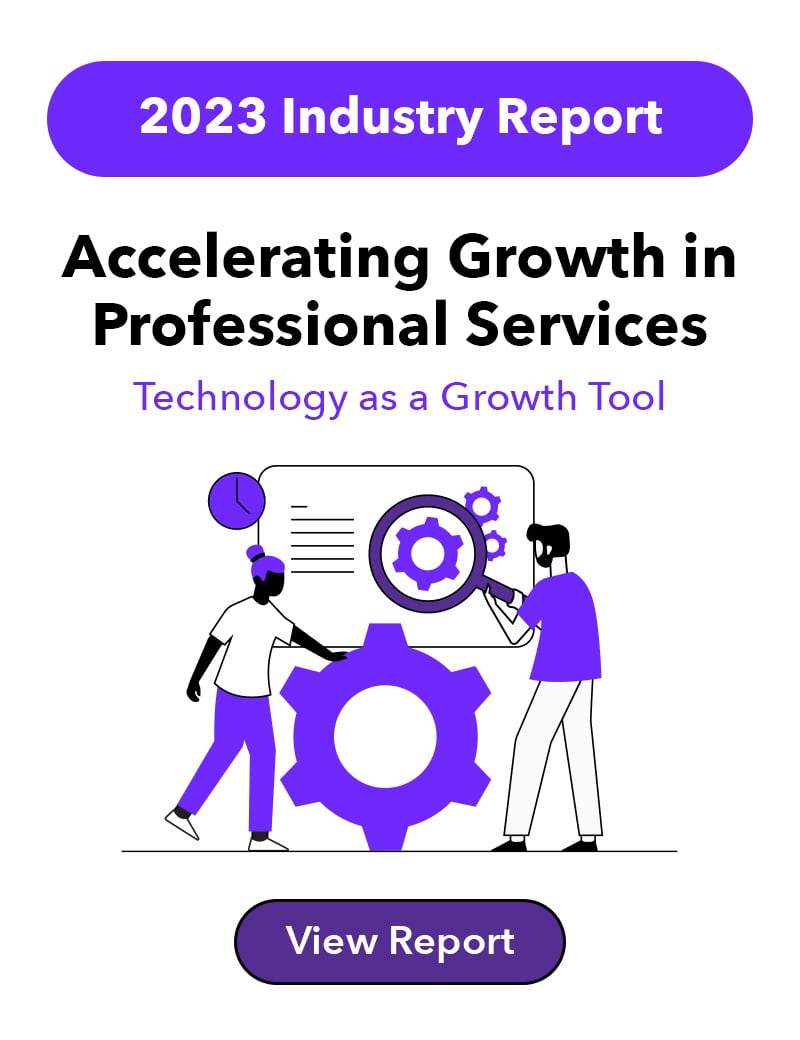Becoming a data-driven executive search firm sets you apart from the rest. When your recruiters are armed with data, they are able to make better placements, create growth for the firm, future-proof your strategies, and drive innovation.
It's no secret that data is a massive asset across all industries; it allows you to make better strategic decisions that you are confident will pay off. However, executive search tends to be an industry that relies heavily on the human aspect of recruiting, and the data-driven components may go to the wayside. The trick is to use your data to complement - and enhance - the relationships your recruiters are establishing.
Here are the advantages of becoming a data-driven executive search firm.
Turning conversations into datapoints
Your recruiters are constantly in conversation with both clients and candidates. These conversations are at the heart of your firm. But when you can turn the relationships your recruiters build into concrete data points, you end up with a more well-rounded and nuanced view of the individuals your firm interacts with.
Any bit of insight gleaned from conversations - whether it’s via email, a phone call or in-person chats - can help you build out meaningful subsets of your data.
These subsets can be based on anything from psychographic information to interests to any other unique categories of information that may be useful in the placement process or in marketing and business development initiatives.
While these relationships and connections are being made every single day, marrying the conversations with data can help you put a process behind the humanity of your firm.
Scalability
When firms aren’t able to create data points out of relationships as mentioned in the previous point, it makes scaling incredibly difficult. While on a small scale, the “little black book” method of networking to find candidates works well, once you widen the candidate and client scope, it very quickly becomes unsustainable.
Giving data a seat at the table as soon as possible can safeguard your firm from growing pains. When you add more and richer data to your databases, it will not be any more difficult to manage than smaller databases if you have the correct processes and categorizations in place. This allows you to immediately leverage relevant information to benefit your firm.
This scalability is also felt in terms of safeguarding from human error. When you built out a centralized database (or databases) that allows for easy and up-to-date access to all relevant data, your teams are properly equipped to perform to the best of their abilities.
Enhance diversity initiatives
Creating equity in workspaces is one of the core considerations in the recruiting space, and it is especially crucial in the Executive suite where inequality is typically most stark. In addition to the moral and compliance considerations, an investment in diversity and inclusion is also a growth strategy for executive search firms. As a result, many executive search firms have diversity initiatives connected to their list of KPIs. In a survey by AESC, two-thirds of executive search professionals surveyed mentioned that DEI initiatives are “highly important” to their clients.
Data plays a necessary role in supporting these initiatives.
When you are able to easily collect, access and track all information surrounding your clients and candidates, you can leverage that information to help organizations create a more diverse workforce based on their goals.
You can also use this information to track your own firm’s key diversity metrics to ensure that you are doing your part to get a more diverse group of candidates into executive interview seats.
Leverage your placements for marketing
There is no better marketing material than your portfolio of placements. When you are able to put your most well-matched candidate/client combinations on display, you instill confidence in potential clients and candidates that you will not waste their time. Your portfolio is the best indicator of your ability to identify and understand exactly what client needs are and match them to a candidate’s skills and preferences.
When you have a robust and reliable - yet easy-to-use - database of placements, you can access relevant and up-to-date placements at a moment’s notice and improve your speed to pitch. Generating pitch content such as tombstones, testimonials and logo slides is typically a highly tedious process when done manually.
At Pitchly, on average our clients previously wasted 5+ hours each week sorting, pulling and formatting data for this content. And although the end result is valuable, it is best to save your marketing team this time with automation.
And that’s where Pitchly’s data enablement platform can help.
Pitchly can pull your placement data from relevant connected databases and bring them all into a centralized searchable and filterable database. Our forms also make it simple and easy to input new data into this system.
Once all your placement, candidate and client information is there, you can easily filter for the criteria you need. No more searching through multiple systems, then copying and pasting into yet another system to format it. Our data filters can be configured to suit your needs, whether you want to sort by industry, department, diversity metrics, length of tenure, and much more.
Once you’ve selected the relevant content you want to include, it’s ready to export directly to a variety of content formats. Whether you want to create PowerPoint, Word, PNG or website content, you can use our design functionality to format your data correctly and export it in real-time.
With Pitchly, our clients see a 93% reduction in the time taken to locate, create, format, arrange and generation placement credentials for pitch content.
If you want to know more about how to leverage the valuable data that you already have to accelerate your speed to pitch and increase placements won, request a demo.
 Jul 11, 2022
Jul 11, 2022





